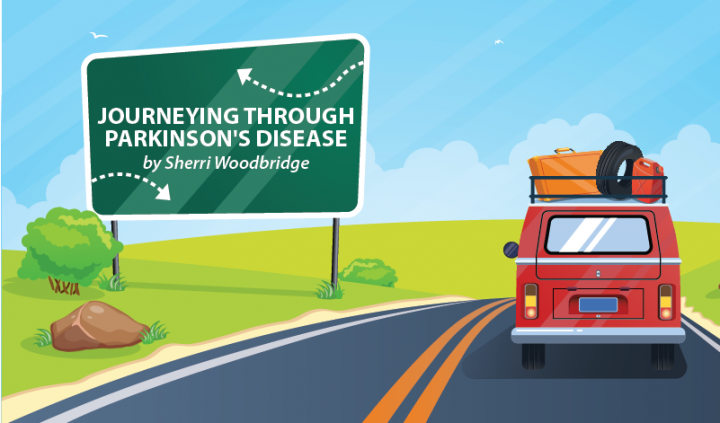Is What You Eat Making You Stink?
Written by |

If you’ve had Parkinson’s disease for any amount of time, you’ve most likely heard that one of the symptoms is a loss of the sense of smell. You may have experienced it yourself.
I pondered this reality one day and became concerned. I wasn’t bothered so much by being unable to smell skunks or detect a foul odor upon entering recently vacated restrooms. I actually consider those loss-of-smell experiences a blessing.
What concerned me was if I smell stinky to others but can’t smell myself, and therefore can’t remedy the situation.
This concern led me to look into foods that are known to make you stink.
Everyone has heard the little ditty, “Beans, beans, the magical fruit. The more you eat … .” Ah, now you remember. It’s just a fact that you don’t need to be told: Beans give you gas. The resulting emissions can rate from minimal to extreme on the odor scale.
But what are some other foods that can cause you to produce unbecoming body odor that you may not detect because of your loss of smell due to Parkinson’s?
Garlic and onions are popular BO culprits, but did you know that beets can cause your skin to give off a fishy odor?
Cruciferous vegetables (cabbage, Brussels sprouts, broccoli, and others) can create quite a melody of flatulence, but there are great reasons to eat these veggies. Kristen Smith, of the Academy of Nutrition and Dietetics, told Health magazine that these foods “have a lot of fiber and contain plenty of beta-carotene along with vitamins C, E, and K as well as folate. In addition to being good for general health, there’s some evidence they may also help prevent certain types of cancer.”
Did you know that caffeine naturally stimulates your central nervous system, thereby causing the sweat glands to become active? And because coffee is also highly acidic, it dries out your mouth right away. People with Parkinson’s may already struggle with dry mouth issues. Bacteria can grow in a dry mouth, leading to bad breath.
Although lentils are on the really-good-for-you list, they tend to cause a pretty smelly atmosphere. This high-fiber food increases the gut bacteria — something found to be extremely important for people with Parkinson’s — but it can also cause some intensive bloating and gas.
Some other foods that tend to make you “odorous” are red meat, spicy foods, and soy.
Our bodies all react differently to foods. What makes one person painfully gassy may have little or no effect on someone else. If you’ve been struggling lately with odor or flatulence, you may want to examine your food choices and see if there is something that is not agreeing with you.
Also, ask a loved one to tell you if they notice a bad odor emanating from you. If you’ve lost some sense of smell, you might not be aware of it.
***
Note: Parkinson’s News Today is strictly a news and information website about the disease. It does not provide medical advice, diagnosis or treatment. This content is not intended to be a substitute for professional medical advice, diagnosis, or treatment. Always seek the advice of your physician or another qualified health provider with any questions you may have regarding a medical condition. Never disregard professional medical advice or delay in seeking it because of something you have read on this website. The opinions expressed in this column are not those of Parkinson’s News Today or its parent company, Bionews Services, and are intended to spark discussion about issues pertaining to Parkinson’s disease.



Mike Onley
Thank you Sherri, really useful - I’d better cut down on the coffee!
Sherri Woodbridge
Mike - glad you found it useful!
Bahaa
Thank you Sherri. Very useful article.
Sherri Woodbridge
Thanks, Bahia! Glad you found it useful!
Dianne
Thanks for this article, Sherri.
I found it informative. I have a lot to learn about this disease.
Sherri Woodbridge
Hi - I’m glad you found the article helpful. Thanks so much for leaving a comment. -sherri